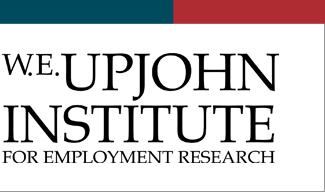Title
Degrees of Poverty: How Growing Up Poor Changes the Return to Education
Project Dates
01/18/2016 -
Description
Using the Panel Study of Income Dynamics (PSID), we have documented that individuals who grow up poor not only earn less over the lifecycle for a given level of education, but that their observed returns to education are substantially lower than their more fortunate peers. We plan to more extensively document this finding (in additional data sets including the NLSY79 and NLSY97 - National Longitudinal Survey of Youth) and try to explain the patterns through modern decomposition techniques, accounting for a variety of pre- and post-market factors. As far as we are aware, this phenomenon is not well known among researchers, let alone understood, and it has clear implications for the role of additional education on earnings and wealth inequality, economic fragility, and economic growth. The project will result in an Institute working paper with a goal of a peer-reviewed article in a top field journal. We are seeking external funding from the Washington Center for Equitable Growth, and we expect there to be significant policy and public interest.
Subject Area
EDUCATION; UNEMPLOYMENT, DISABILITY, and INCOME SUPPORT PROGRAMS; Poverty and income support


Publications
Degrees of Poverty: Family Income Background and the College Earnings Premium. Timothy J. Bartik, Brad Hershbein (2016)
College grads earn less if they grew up poor. Timothy J. Bartik, Brad J. Hershbein (2016)
Degrees of Poverty: The Relationship between Family Income Background and the Returns to Education. Timothy J. Bartik, Brad Hershbein. Upjohn Institute Working Paper No. 18-284 (2018)